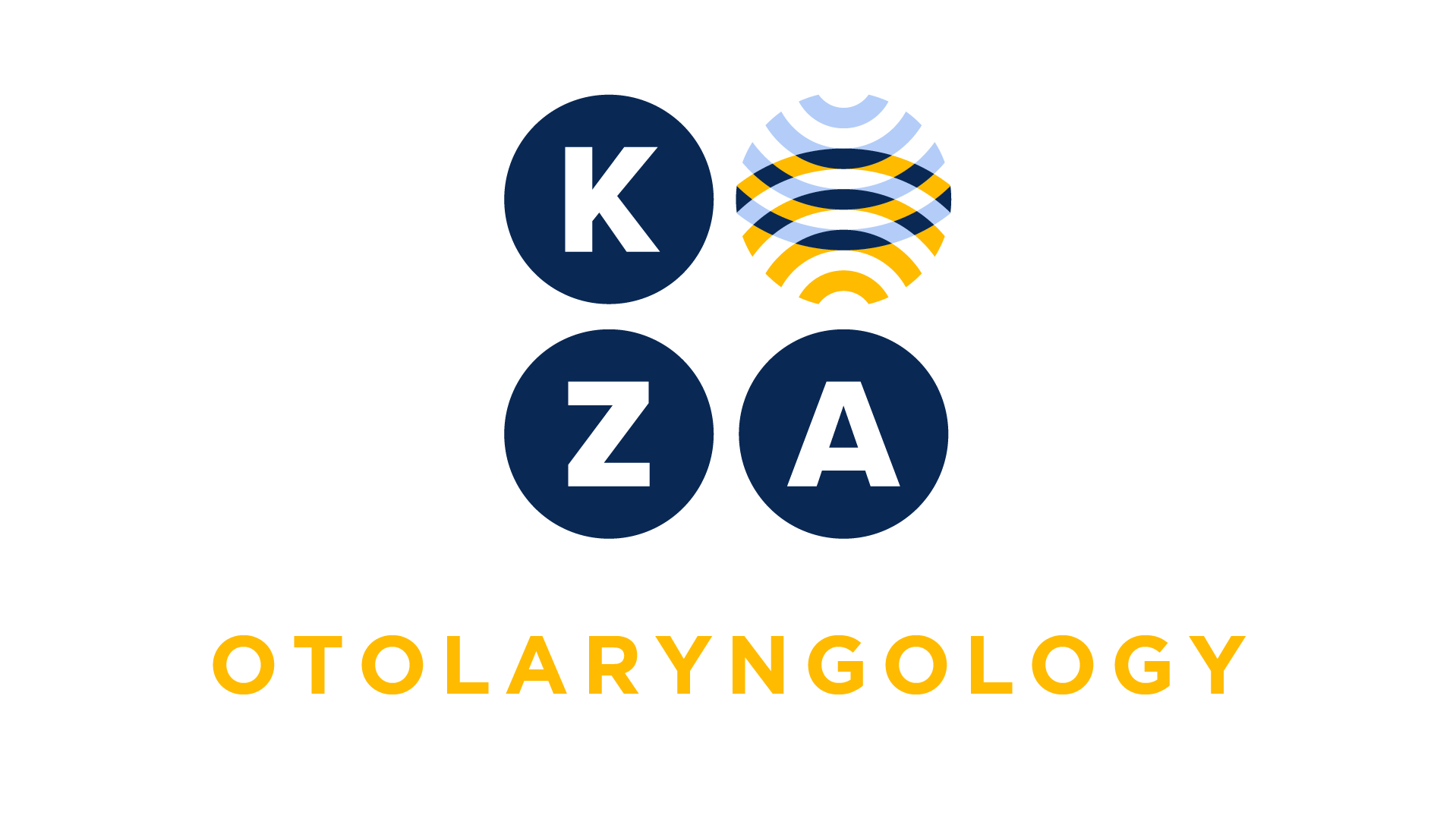
Choose your specialty from the list below to see how our experts have tackled a wide range of client questions.
Looking for something specific? Utilize our search feature by typing in a key word!
Pharyngoplasty With Free Flap Reconstruction
I’m doing the repair of the oral cavity defect with a free flap reconstruction after the head and neck surgeon has resected the cancer. Can I code both 42950 and the free flap code
Question:
I’m doing the repair of the oral cavity defect with a free flap reconstruction after the head and neck surgeon has resected the cancer. Can I code both 42950 and the free flap code such as 15758?
Answer:
The free flap codes include the harvest, inset, microvascular anastomosis, and closure of both donor and recipient site defects. You may separately code the harvest of graft material through a separate incision (e.g., split thickness skin graft) to facilitate the donor defect closure. So the answer is no, it is not accurate to separately code for a pharyngoplasty when you are insetting the free flap.
A CPT Assistant article from April 2016 addresses this situation in great detail.
Question:
Is code 42950, Pharyngoplasty (plastic or reconstructive operation on pharynx), reportable in addition to code 15757, Free skin flap with microvascular anastomosis, when a free flap is used to reconstruct both a neck and tongue defect (after laryngectomy or glossectomy)? The microvascular free flap is de-epithelialized and the skin paddle is used to complete the pharyngeal closure. The rest of the flap is used to complete the esophageal closure.
Answer:
No, CPT code 42950 should not be reported in addition to code 15757, when a free flap is used to reconstruct both a neck and tongue defect (after laryngectomy or glossectomy). The intraservice work of code 42950 is encompassed in code 15757, which includes harvesting a donor free flap, insetting the free flap at the recipient site using microsurgical technique, and closure of both donor and recipient sites. The pharyngeal reconstruction should be included in code 15757, as it would for wherever the flap was inserted. In addition, the inclusion of the flap closure should be considered as part of the work included in the basic closure of the primary resection site. This basic closure is inclusive of code 15757.
*This response is based on the best information available as of 12/15/16.
Diagnosis Code for Laryngopharyngeal Reflux
I’m getting used to ICD-10-CM! Thanks so much for teaching me about it. I do have a question though. I can’t seem to find a diagnosis code for laryngopharyngeal reflux. What do you suggest?
Question:
I’m getting used to ICD-10-CM! Thanks so much for teaching me about it. I do have a question though. I can’t seem to find a diagnosis code for laryngopharyngeal reflux. What do you suggest?
Answer:
Actually, we’ve always suggested using K21.9, Gastro-esophageal reflux disease without esophagitis. Coincidentally, in a recent issue (first quarter 2016) of the American Hospital Association’sThe Coding Clinic, the same advice was provided.
*This response is based on the best information available as of 09/15/16.
Tympanostomy Tube with Intratympanic Injection
I did an intratympanic steroid injection and coded 69801 and 69433. Medicare paid 69801. Should I appeal the denial of 69433?
Question:
I did an intratympanic steroid injection and coded 69801 and 69433. Medicare paid 69801. Should I appeal the denial of 69433?
Answer:
No! CPT 69801 says Labyrinthotomy, with perfusion of vestibuloactive drug(s); transcanal. The CPT guidelines say: Do not report 69801 in conjunction with 69420, 69421, 69433, 69436 when performed on the same ear. By billing 69801 and 69433, for procedures on the same ear, you’ve unbundled the codes. The denial is accurate so you should not appeal. Furthermore, in the future, do not bill 69433 or 69436 (tympanostomy tube placement) or 69420 or 69421 (myringotomy) for the same ear when you also report 69801.
*This response is based on the best information available as of 04/28/16.
Repair of Nasal Vestibular Stenosis
I am trying to come up with the right CPT codes for a repair of nasal vestibular stenosis so we can get it pre-certified. Can you help?
Question:
I am trying to come up with the right CPT codes for a repair of nasal vestibular stenosis so we can get it pre-certified. Can you help?
Answer:
Yes, you are wise to determine the correct codes for pre-certification, otherwise the surgery might not be paid if you billed different codes. Look at 30465 – Repair of nasal vestibular stenosis (e.g., spreader grafting, lateral nasal wall reconstruction). You may also report a separate code if you harvest graft material through a separate incision. For example, you may report 20912 (Cartilage graft; nasal septum) if you harvest septal cartilage graft when you have not performed a septoplasty at the same operative session. If you did a septoplasty (30520) and repair of nasal vestibular stenosis (30465) then you may not report 20912 for the septal cartilage graft harvested/obtained from the septoplasty.
*This response is based on the best information available as of 01/14/16.
Endoscopic Skull Base Surgery
We are thinking about starting an endoscopic skull base surgery program and doing skull base procedures via an expanded endonasal/endoscopic approach. I’ve looked in the CPT book for
Question:
We are thinking about starting an endoscopic skull base surgery program and doing skull base procedures via an expanded endonasal/endoscopic approach. I’ve looked in the CPT book for codes and it looks like CPT 61580-61619 are just what I’m looking for. Is this correct?
Answer:
That’s great that you’re starting a new program! And, we can help. There is one CPT code for an endoscopic skull base procedure – 62165, Neuroendoscopy, intracranial; with excision of pituitary tumor, transnasal or trans-sphenoidal approach. However, other procedures that you’ll do such as an endoscopic resection of a clival chordoma are not accurately coded using 61580-61619, as these existing codes are for open procedures. We wrote an article for the AAO-HNS Bulletin about this a few years ago that I think you’ll find helpful. Here are the links:
Lipoma Removal
I removed a huge lipoma from a patient and it seems like the benign skin lesion removal codes just don’t describe what I’m doing. Is there another code I can use?
Question:
I removed a huge lipoma from a patient and it seems like the benign skin lesion removal codes just don’t describe what I’m doing. Is there another code I can use?
Answer:
Yes! The “soft tissue tumor” codes were introduced into CPT in 2010 and better describe the procedure you are performing. These codes are located in the Musculoskeletal System section of CPT (e.g., 21555, 21556) rather than in the Integumentary System section of CPT (114xx for excision of benign skin lesions, 116xx for excision of malignant skin lesions).
*This response is based on the best information available as of 07/30/15.

